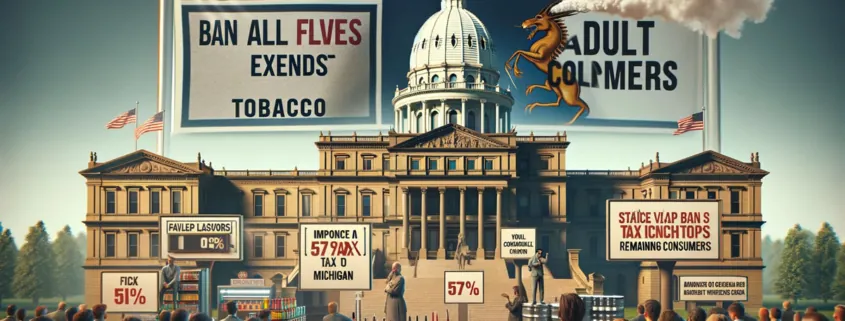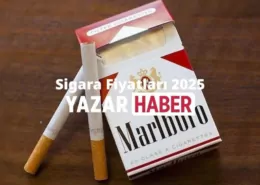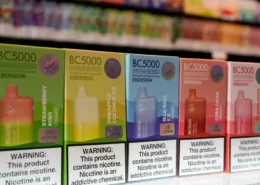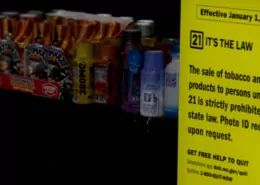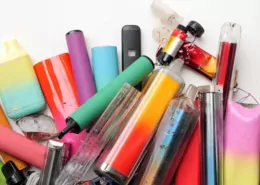Michigan Bills Seek Vape Flavor Ban and 57% Tax
A series of Michigan Senate bills introduced this month threatens to eliminate access to flavored vapes while making remaining products unaffordable via enormous taxes. Anti-vaping groups back the legislation which public health advocates argue will harm rather than protect citizens.
Overview of Proposed Michigan Vape Regulations
The 8 bills, promoted by activist consortiums like Tobacco-Free Kids and Bloomberg-funded nonprofits, mainly include:
- A flavor ban on all vaping products, except tobacco (SB 649)
- 57% wholesale tax on vapes, nicotine pouches and smokeless tobacco (SB 648)
- Potential ban on online sales direct to consumers (SB 648)
- Repeal of local vape regulation preemption (SB 647)
If passed, these bills would decimate the Michigan vaping market, shutting most shops while pushing sales underground. Low-income users would suffer most from making products unaffordable overnight.
Predicted Impacts on Michigan Vapers & Smokers
Research clearly shows vape taxes prompt users to return to more harmful smoking. Similarly, prohibiting popular flavors that support switching drives relapse and deters cessation.
Banning everything except tobacco flavors means most adult vapers lose access to products keeping them off cigarettes. And a 57% tax likely prices out many switching or current users.
Underserved rural residents suffer particular harm if online sales also face restrictions. Limited local retail options make buying online essential for access.
Instead of protecting citizens, these flawed policies stand to harm individual and public health by pushing people toward riskier choices. Yet activist groups continue targeting harm reduction products, ignoring real-world consequences.
Driving the Anti-Vaping Legislation Push in Michigan
While the vape bills come from Senator Moss, the coordinated effort promoting them originates with national “Tobacco-Free Kids” (TFK) organizers. The deep-pocketed activist organization runs campaigns nationwide, often masked under local astroturf fronts.
In Michigan, TFK affiliates like PAVe and the “Keep MI Kids Tobacco Free Alliance” rally public support via petitions, calls-to-action and publicity influencing lawmakers. Governor Whitmer maintains close TFK ties and will assuredly sign any bills despite pushback.
Critics argue TFK pursues an absolutist prohibition-only agenda at odds with harm reduction science. Lacking context, the group’s paternalistic restrictions often increase net health damages.
Countering the Anti-Vaping Legislation
Concerned vapers, smokers and harm reduction advocates must contact Representatives immediately urging opposition before a vote. Note real stories of how flavor bans or excessive taxes returned you or loved ones to smoking, or share struggles accessing affordable alternatives.
The CASAA vaping consumer group makes reaching officials simple through customizable letter templates submitted on your behalf in seconds. But personalizing messaging helps put faces to harmful policy outcomes.
Opposition priorities include removing the flavor prohibition and preventing dramatic tax escalations that restrict access. Reasonable lawmakers recognizing impacts on citizens should support amending legislation to protect adult choice while reinforcing youth access barriers and marketing guidelines.
Exploring Compromises and Alternatives
All stakeholders share the goal of preventing youth vaping and smoking. But activist groups like TFK take extreme positions failing to account for unintended fallout.
Balanced policymaking requires lawmakers first understand products, users and outcomes in context. Then tailored, nuanced rules can target problems while supporting access and harm reduction.
There exist many effective middle-ground approaches between banning lifesaving devices and leaving youth sales unchecked. Examples include:
Youth Prevention
- Enhance enforcement of existing sales age laws
- Fines on retailers illegally selling to minors
- Limiting labeling/marketing appealing to youth
Harm Reduction
- Reasonable excise taxes funding cessation programs
- Allowing restricted flavor access in adult-only stores
- Promoting switching through education campaigns
Through constructive dialogue and pragmatic solutions, lawmakers can address concerns, protect kids and support public welfare.
But short-sighted blanket bans or excessive taxes undermine health objectives and destroy progress made helping vulnerable populations quit smoking through quality-controlled alternatives.
- American Airlines Vaping Passenger Alleges Assault in Police Report - August 15, 2025
- NEXA PIX 35K Disposable Vape with Crystal Tank Review - August 15, 2025
- Baton Rouge, LA Imposes 500-Foot Buffer Zone for Vape Shop from Schools - August 15, 2025

